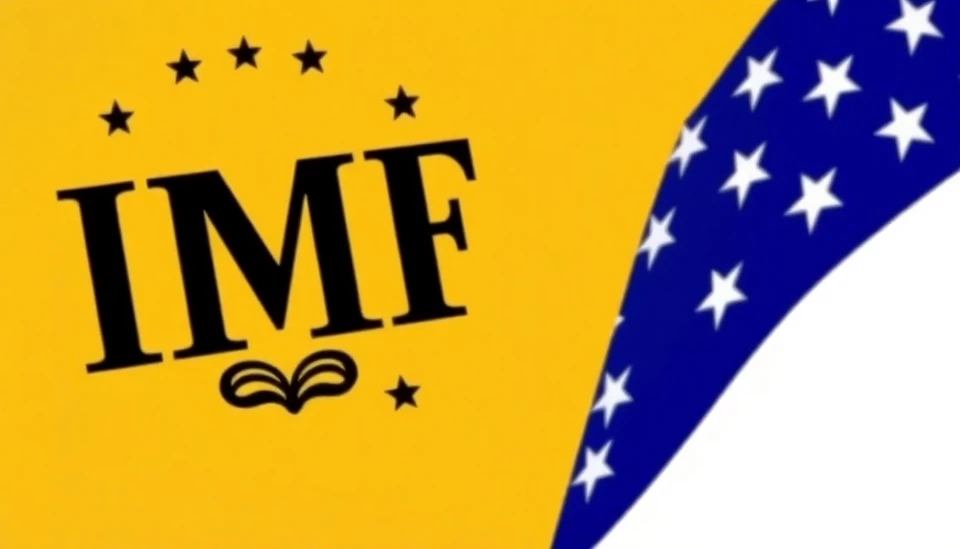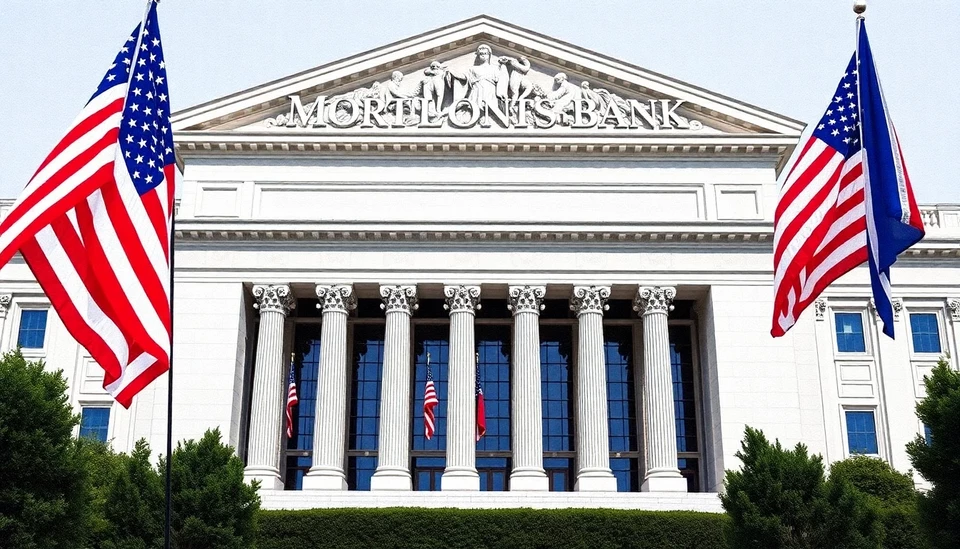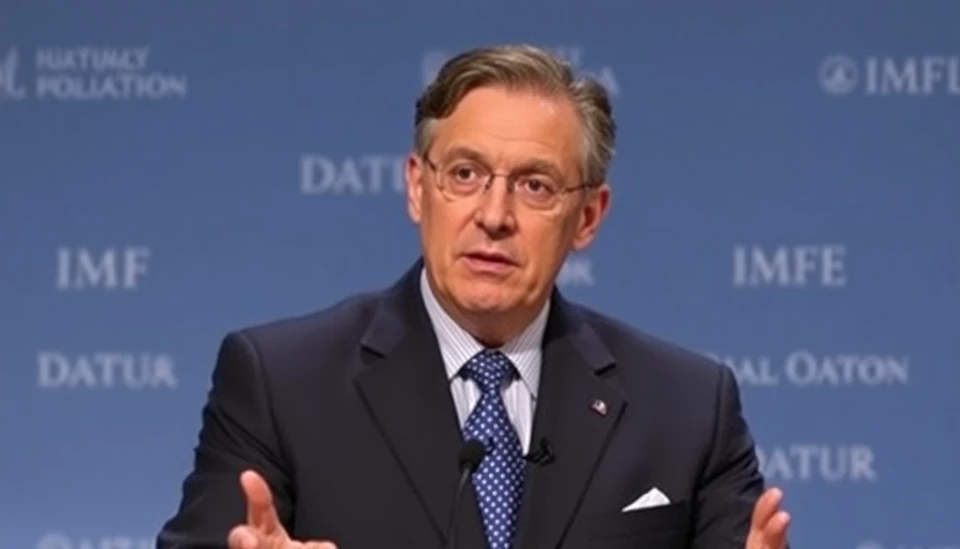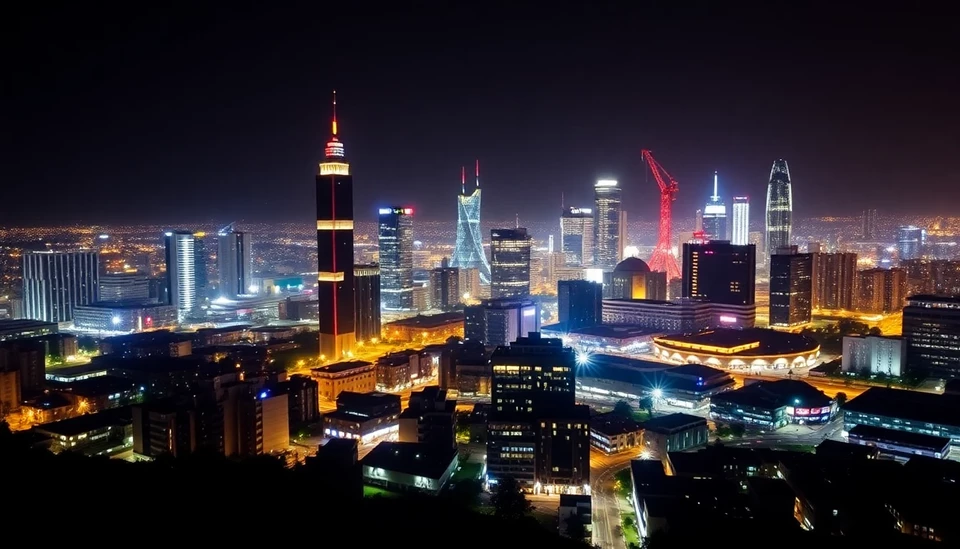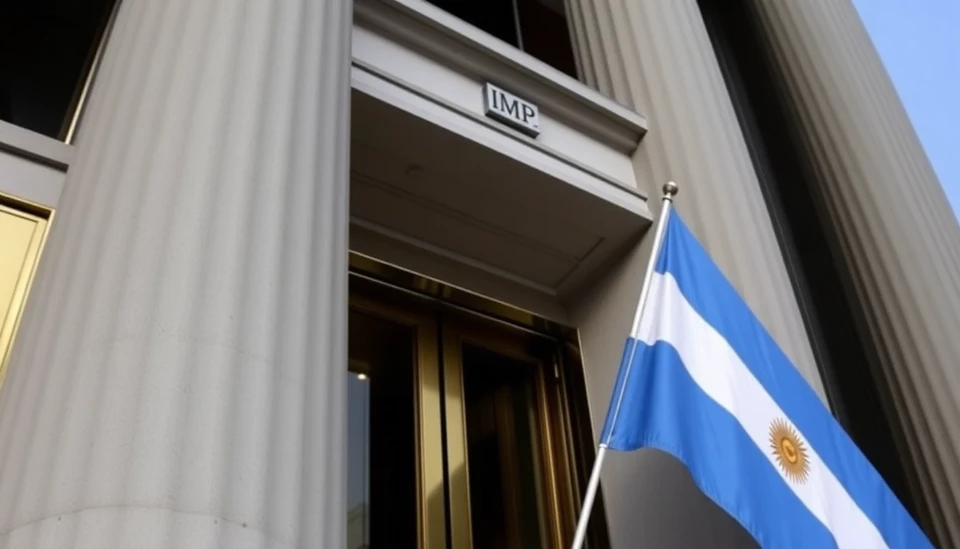
In a significant turn of events, the International Monetary Fund (IMF) is preparing to hold an informal meeting to discuss a new financial arrangement with Argentina, potentially worth up to $20 billion. This substantial aid could play a crucial role in stabilizing Argentina’s struggling economy, which has grappled with soaring inflation and a significant national debt crisis.
The meeting, scheduled in the coming days, is expected to involve key IMF officials alongside representatives from Argentina’s government. Both parties aim to address issues surrounding the nation’s fiscal policies and economic reforms, which have been under scrutiny due to persistent economic challenges.
Argentina has been navigating a turbulent economic landscape characterized by extreme inflation rates that have surpassed 100% over the past year, eroding the purchasing power of its citizens. This financial turmoil is compounded by a staggering debt load that the government is grappling to manage effectively. A successful negotiation with the IMF could provide the much-needed liquidity and international confidence that Argentina desperately needs.
The proposed $20 billion agreement would direct funds towards bolstering the country's foreign reserves and implementing comprehensive reforms designed to restore economic stability. Such reforms may include measures to improve public finances, enhance trade competitiveness, and attract foreign investment. The IMF's endorsement of these reforms would not only facilitate financial assistance but also signal to global markets a commitment by Argentina to responsible economic management.
Additionally, discussions during this informal meeting will likely touch on Argentina’s past engagements with the IMF. Since 2018, the country has experienced financial instability, prompting a $57 billion loan agreement with the IMF—a record deal. However, various factors, including delays in implementing agreed-upon reforms, have stalled progress and left the country in a precarious position.
The upcoming meeting comes at a pivotal moment, as Argentina is gearing up for presidential elections later this year. The outcomes of these discussions could shape the economic policies of the incoming administration, further influencing both local and global perceptions of Argentina’s fiscal responsibility and stability.
The central bank of Argentina and the ministry of economy are currently working on addressing the IMF's requests. Reports indicate that the Argentine government is preparing a blueprint that outlines a path toward sustainability and growth, hoping to win the IMF's confidence in the process.
As the meeting approaches, the eyes of the financial world will be on Argentina to see if an agreement can be reached that instills renewed hope for the nation’s economy and its citizens. The outcome of this crucial negotiation could either pave the way for recovery or deepen the crisis affecting millions.
Observers are cautiously optimistic, as both parties understanding the urgency of the situation might lead to a more collaborative approach in reaching a strategic agreement. The next steps taken by Argentina in tandem with the IMF could set a precedent for how international financial cooperation can help nations in distress recover from economic disarray.
In conclusion, the IMF’s $20 billion deal with Argentina represents not just a financial lifeline but a critical juncture in the country's economic narrative. With proactive steps being taken, there’s a glimmer of hope that this meeting might steer Argentina towards a more stable and prosperous future.
#IMF #Argentina #Economy #FinancialAid #EconomicReform #DebtCrisis #Inflation #InternationalFinance #PresidentialElections
Author: Daniel Foster
